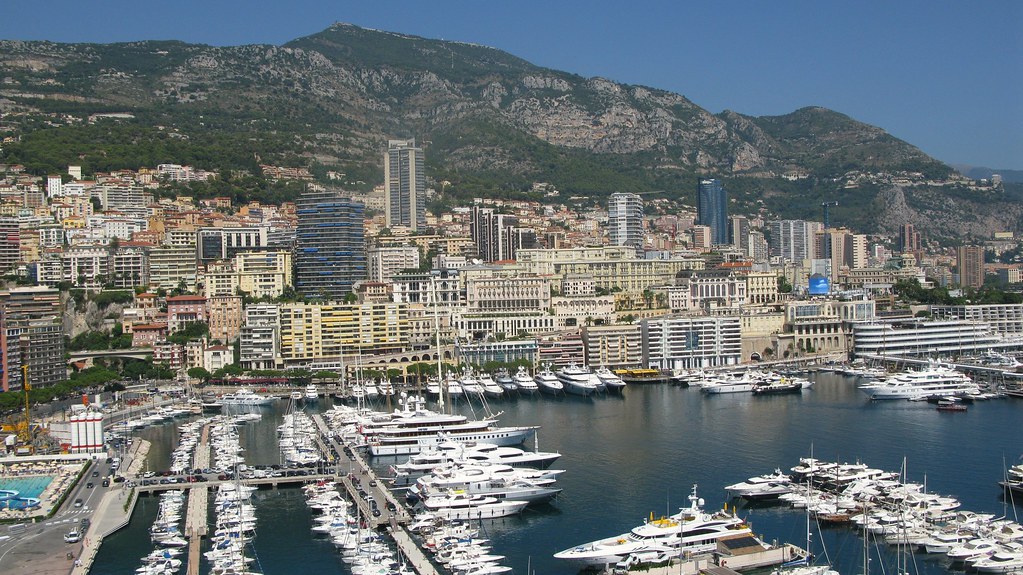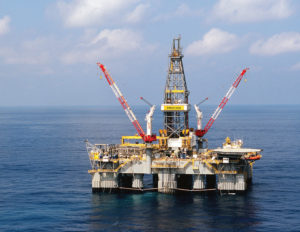Letter from La Vigie, 29 Nov 2023

The Red Sea and its great game
The Red Sea is a vital artery of international trade, particularly necessary for Europeans, and is subject to local strategic dynamics between neighbouring countries, regional dynamics with neighbouring areas, and global dynamics with the major players (United States, China, Russia) involved to a greater or lesser extent. Only Europe has little interest in the area. Did you say geopolitics?
To read the article click here
Monaco perched on its rock
Let’s continue our tour of France’s terrestrial neighbours by exploring the principality of Monaco. Gradually moving closer to France in search of a protector, it was only when it lost most of its territory that its development could really begin. Today, relations are friendly and cooperative, but France is still very much present, and Monaco’s sovereignty remains relative.
To read the article click here
Lorgnette: COP 28
The next Conference of the Parties (COP) on the environment will open in Dubai on 30 November. It is the continuation of a process launched at the 1992 Earth Summit in Rio, bringing together experts and decision-makers every year under the aegis of the United Nations and with the help of experts from the IPCC. It implements the Kyoto Protocol (signed in 1995 and ratified in 2005), which commits the parties involved to reducing greenhouse gas emissions by 5%. The 2015 Paris Agreement aims to limit global warming to less than 2°C. Last year in Sharm el-Sheikh, a fund was set up to help poor countries affected by climate change.
This year’s challenge is to reduce the use of fossil fuels (coal, gas and oil). But the current strategic climate is not conducive to a binding international agreement. While the EU needs clear commitments to phase out fossil fuels, many countries in the South are still dependent on fossil fuels for their development, whether they produce them or need them.
Alongside the ongoing conflicts and underlying geopolitical struggles, the mechanics of international negotiation are struggling.
Subscribers: click directly on the links to read online or download the pdf issue (here), always with your login/password. New readers: read the article by issue, by clicking on each article (€2.5), or subscribe (discovery subscription €17, annual subscription €70, orga. subscription €300 excl. tax): here, the different options.
JOVPN


